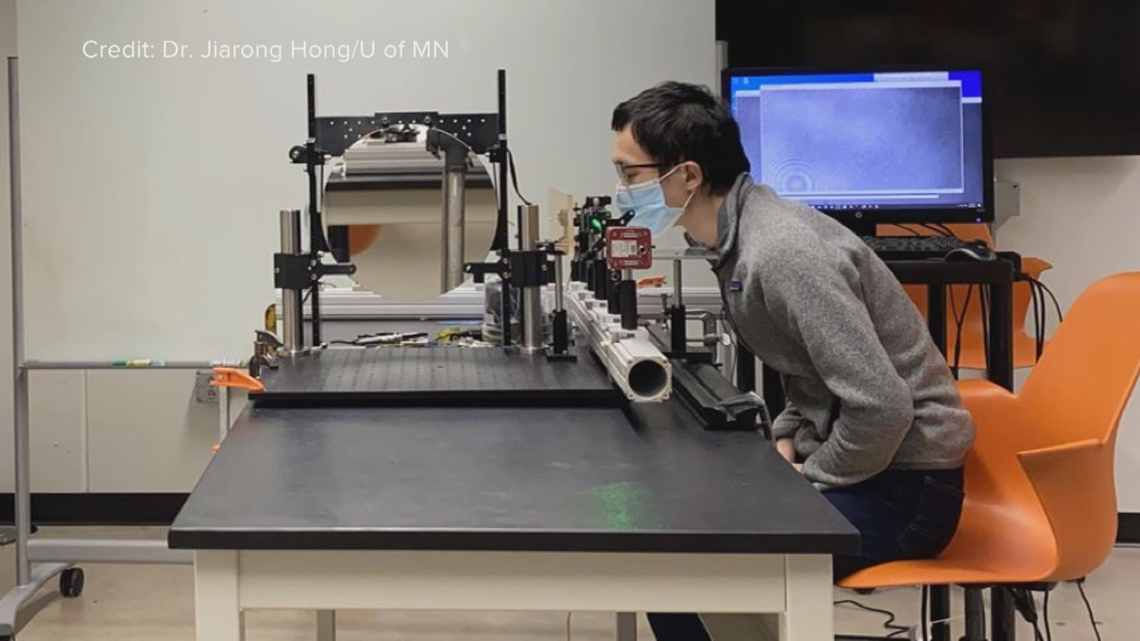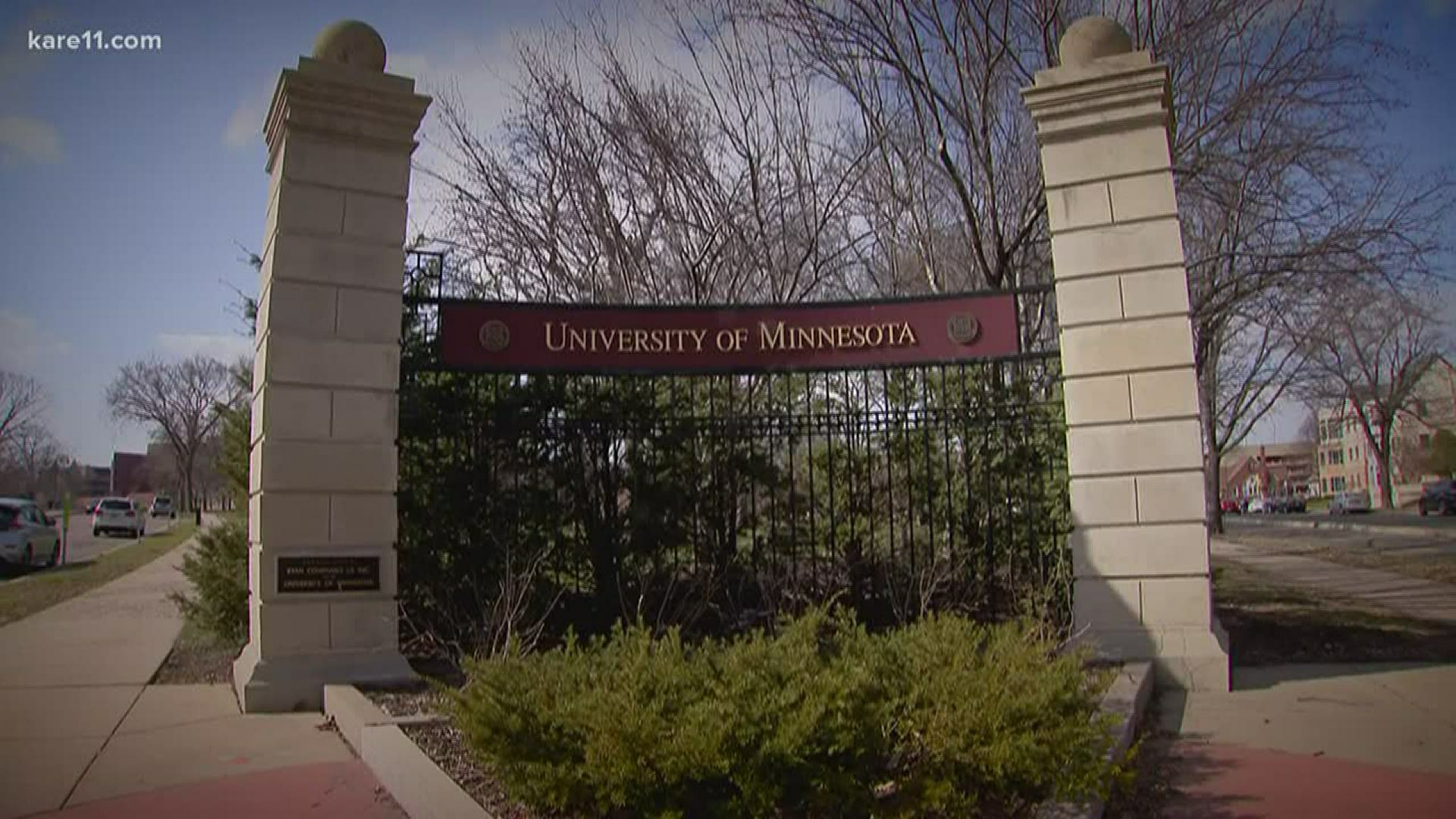MINNEAPOLIS — There are a lot of unknowns yet about COVID-19 and the strain of the coronavirus which causes it. Here's a big one yet to be answered by researchers: Can this strain of coronavirus be transmitted through the air?
Research published Monday by Chinese scientists reports the virus' RNA was found in the air at two Wuhan hospitals during the outbreak in February and March 2020.
While the research abstract says "SARS-CoV-2 may have the potential to be transmitted via aerosols", it notes researchers don't know yet whether those aerosols, or airborne droplets, are infectious.
Meanwhile, new research at the University of Minnesota will further explore the behavior of aerosols.
"We are, in particular, focused on asymptomatic individuals," said Dr. Jiarong Hong, associate professor of mechanical engineering at the University of Minnesota. Hong received a grant this week to study how aerosols spread through speaking and breathing.
"The properties of these aerosols are very important for us to determine the air transmission of this virus," he said.
In the experiments, now underway at the U of M, healthy participants breathe and speak near a special setup. The experiment uses a technique which allows them to digitally see the airflow generated during normal breathing. Special imaging then allows them to see the aerosols within the airflow.


The researchers hope to measure the quantity of the droplets, how long they last in the air, and how far they can travel.
"It's a very big deal, because [people] don't have to actually talk in front of you. Just walking [and] breathing [with] it can spread these aerosol particles all over the place," said Hong, who reiterated that it's unknown whether those virus particles are infectious. "We still don't know. But if that is correct, that could be a big deal for how we implement our social distancing and prevention measures."
Dr. Hong's research won't answer whether a person can contract COVID-19 through the air, but his research, when paired with other studies, could help find out.
"I think everybody will work together and eventually solve the mystery. Right now, this is still a mystery to all of us," he said.
KARE 11’s coverage of the coronavirus is rooted in Facts, not Fear. Visit kare11.com/coronavirus for comprehensive coverage, find out what you need to know about the Midwest specifically, learn more about the symptoms, and keep tabs on the cases around the world here. Have a question? Text it to us at 763-797-7215. And get the latest coronavirus updates sent right to your inbox every morning. Subscribe to the KARE 11 Sunrise newsletter here. Help local families in need: www.kare11.com/give11.
The state of Minnesota has set up a hotline for general questions about coronavirus at 651-201-3920 or 1-800-657-3903, available 7 a.m. to 7 p.m.
More information on the coronavirus:
- Facts not fear: What the Midwest should know about coronavirus
- Current number of presumptive coronavirus cases in Minnesota and Wisconsin
- Coronavirus-related cancellations, postponements and impacts in the Twin Cities
- Here are the common symptoms of coronavirus
- What are the 'underlying conditions' that make coronavirus more serious?

